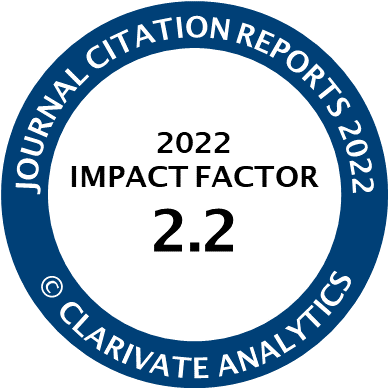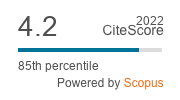Article | Open Access
Comparing Discourse and Policy Network Approaches: Evidence from Water Policy on Micropollutants
| Views: | 3916 | | | Downloads: | 1808 |
Abstract: To understand how actors make collective policy decisions, scholars use policy and discourse network approaches to analyze interdependencies among actors. While policy networks often build on survey data, discourse networks typically use media data to capture the beliefs or policy preferences shared by actors. One of the reasons for the variety of data sources is that discourse data can be more accessible to researchers than survey data (or vice versa). In order to make an informed decision on valid data sources, researchers need to understand how differences in data sources may affect results. As this remains largely unexplored, we analyze the differences and similarities between policy and discourse networks. We systematically compare policy networks with discourse networks in respect of the types of actors participating in them, the policy proposals actors advocate and their coalition structures. For the policy field of micropollutants in surface waters in Germany, we observe only small differences between the results obtained using the policy and discourse network approaches. We find that the discourse network approach particularly emphasizes certain actor types, i.e., expanders who seek to change the policy status quo. The policy network approach particularly reflects electoral interests, since preferences for policies targeting voters are less visible. Finally, different observation periods reveal some smaller differences in the coalition structures within the discourse network. Beyond these small differences, both approaches come to largely congruent results with regards to actor types, policy preferences and coalition structures. In our case, the use of discourse and policy network approaches lead to similar conclusions regarding the study of policy processes.
Keywords: agenda-setting; discourse network analysis; micropollutants; policy change; policy network analysis; risk governance; water policy
Published:
Supplementary Files:
© Simon Schaub, Florence Metz. This is an open access article distributed under the terms of the Creative Commons Attribution 4.0 license (http://creativecommons.org/licenses/by/4.0), which permits any use, distribution, and reproduction of the work without further permission provided the original author(s) and source are credited.




